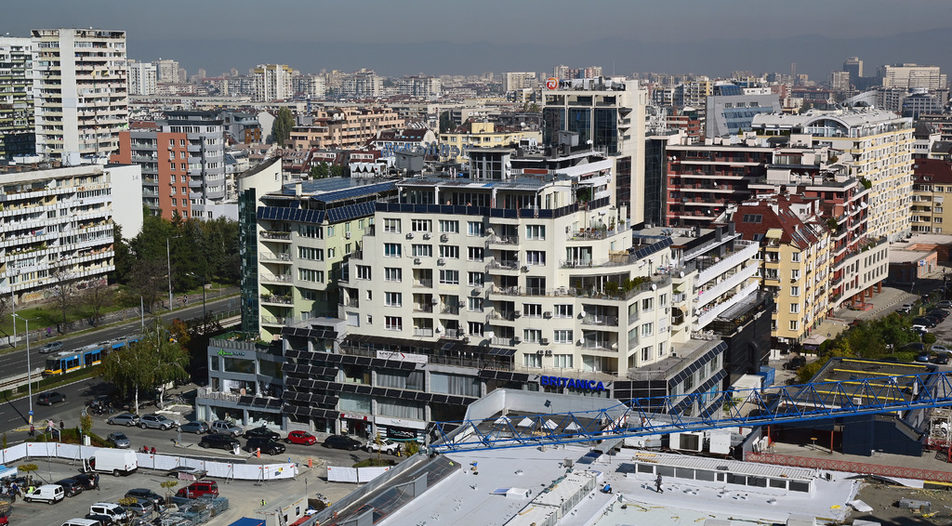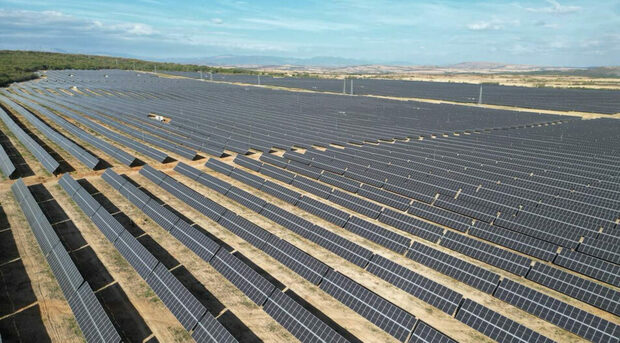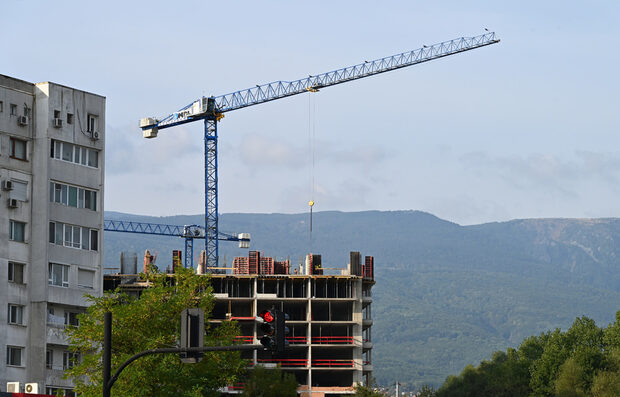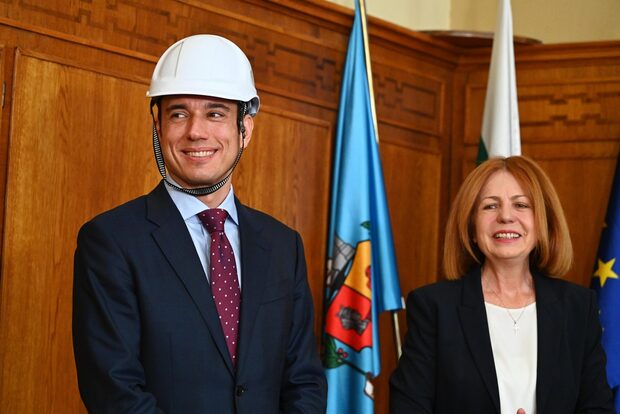The apartment has always been pivotal to the lives of most Bulgarians. Start talking to friends on this subject and you will suddenly be overwhelmed with opinions about prices, brokers, sales, bargains, investments, mortgages, inheritances and family scandals.
Bulgaria's housing market is blooming at the moment and the construction of residential buildings continues at breakneck pace, accompanied by rapidly rising prices.
The legacy of the 1944-1989 communist period means that Bulgaria tops the EU rankings in terms of house ownership - almost 85% of Bulgarians live in their own property. (This may surprise outsiders, but one of the tenets of communist ideology was that everyone should own their own home.) So Bulgaria entered the Nineties with almost 90% ownership. By comparison, half of all Germans pay rent.
Against this background comes a surprising statistic: Bulgaria also tops the rankings for overcrowded apartments. 40% of Bulgarians live in overcrowded apartments, while the average percentage for the EU is about 15. In Bulgaria, one person has 1.2-1.3 rooms to himself, on average. In Western European countries, by way of contrast, one person has 2 rooms or more. The explanation for this phenomenon is multifaceted.
Small but mine
Most Bulgarians place great store on owning their apartment as a primary goal and will willingly work hard to achieve it. Unfortunately, average house prices are high compared to the country's average income levels.
Not surprisingly, therefore, small homes are the most prized - according to statistics, one-bedroom apartments have had complete hegemony over the market for years. This changed somewhat only in 2020 when some people showed interest in two-bedroom apartments. This trend stems from the Covid-19 crisis which made remote work a feasible constant, according to brokers.
Rents? Why not?
In Bulgaria, the alternative of living in a larger apartment and paying rent simply doesn't square. Firstly, because the average rental prices are close to the average installment on loans for an equivalent apartment.
And secondly, in Bulgaria there is no legal regulation of rental relations - neither landlords nor tenants have the required legal certainty. Thus, according to experts, the rental market in Bulgaria is very small - only about 5% of the total.
In addition, another salient fact is that there are more than one million uninhabited homes in Bulgaria. In the villages, this is due to migration and in the big cities it is because many owners are waiting for "the right time" to sell them.
Too expensive
However, for many Bulgarians, they are simply forced to live in overcrowded apartments because they can't afford anything else. According to a World Bank analysis published a few years ago, nearly 1 million Bulgarians (15% of the population) live in housing with more than one relative - their parents, brothers, sisters or cousins.
According to Eurostat statistics, about a third of young people also cannot afford their own property and live with their parents until the age of 30. Bulgaria heads the EU rankings for this indicator. With the galloping real estate market in Sofia, Plovdiv and other big cities, this trend is likely to exacerbate.
Also, for 42% of single-member households and 31% of renters, the cost of maintaining a home is a serious burden.
Overall, the poorly structured, adequately regulated housing market, and low incomes, mean that Bulgarians are more likely to live cheek by jowl than other European nationalities.
The apartment has always been pivotal to the lives of most Bulgarians. Start talking to friends on this subject and you will suddenly be overwhelmed with opinions about prices, brokers, sales, bargains, investments, mortgages, inheritances and family scandals.
Bulgaria's housing market is blooming at the moment and the construction of residential buildings continues at breakneck pace, accompanied by rapidly rising prices.












